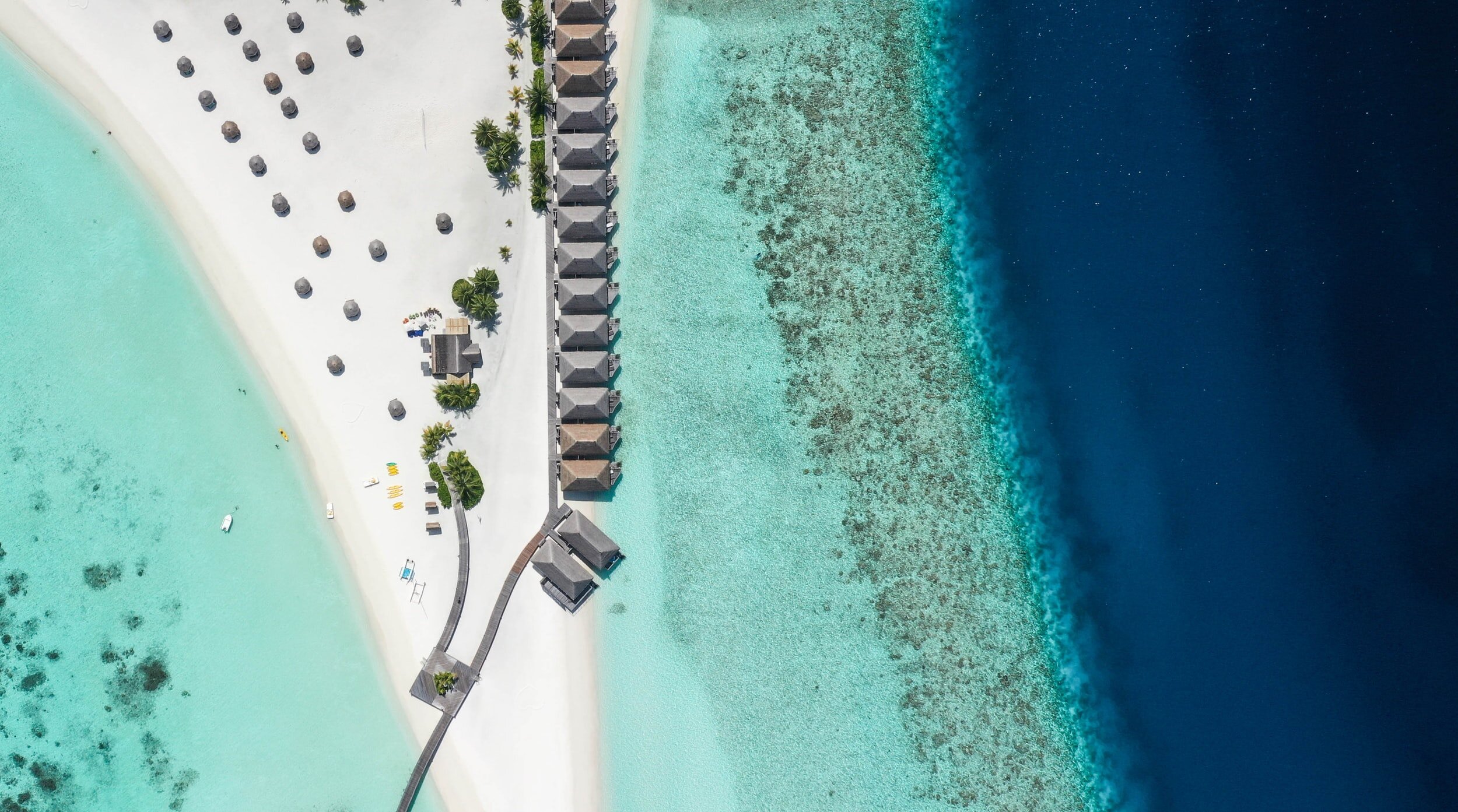Foreign Direct Investments
With the Maldives obtaining political independence from the British in 1965, the country has worked tirelessly towards economic development, establishing foreign relations, welcoming globalization, and introducing privatization. Given that the Maldives has a unique geographical location lying southwest of Sri Lankan and India, has proven to be a strategic and favorable site for ease of international trade and foreign investments. The country has seen a large influx in foreign direct investments (FDI’s) especially with the introduction of tourism in the 1970’s.
The Maldives made its first step towards providing investors with an assurance as to its commitment towards providing an efficient and predictable foreign investment regime, with the publication of the ‘Law on Foreign Investments in the Republic of Maldives’ in 1979. This key piece of legislation requires all foreign investments to be registered with the government and commitments to made with the industry relevant government authority as to the operation of the investment. At the time of its enactment, the law catered much towards the demands of FDIs in tourism development given the unique tourism one island resort concept which the island nation was able to offer to the international travel market. Other industries that welcomed FDI’s included large scale construction infrastructure projects and real estate developments.
The Maldives FDI regime allows the following incentives:
100 % foreign ownership (depending on the sector of investment)
Legally backed investment guarantee;
Provision for overseas arbitration of disputes;
Recognition and enforcement of foreign arbitral awards;
Third party contracts which can be governed by foreign laws;
Long term lease of land rights;
Discretion to use foreign managerial, technical and unskilled workers (depending on sector requirements);
No foreign exchange restrictions; and
No restrictions on repatriation of profits or earnings.
After four decades of governing FDI’s under the FI Act along with government policies, the Maldives published its first ever policy governing over the regulation of FDIs titled the Foreign Direct Investment Policy (FDI Policy) with the aim of codifying existing practices within the foreign investment regime. The FDI Policy is largely regarded as a positive step the country initiated towards strengthening the efficiency and predictability of the foreign investment regime.
The FDI policy contains a list of allowed investments in 17 different sectors such as tourist facilities, sea/air transportation, construction, real estate, wholesale and financial and insurance sectors.
Similarly, the policy states sectors which are strictly closed to FDI’s for the policy consideration that these areas be solely reserved for locals such as retail trading, land transport and food & beverage sectors.
FDI entry requirements are governed in the areas of:
The percentage of allowed foreign ownership in a proposed investment set up;
The minimum capital investment required within 5 years from the registration; and
The maximum period allowed for the existence of long-term investments.
Quite favorably, the FDI policy also allows room for certain sectors to negotiate the above requirements with the government.
The application process itself is 2-fold and requires all investors to obtain foreign investment approval and registration of a proposed entity with the government. Once the set processes are complete, operating licenses and permits for investment’s business operations can be obtained through application with the relevant government agencies.
For more information please contact
Shyma Shameem
Managing Partner
Nuzha Aleem
Partner

